With Boris Johnson the hot favourite to be the next UK Prime Minister, the first Scottish MP to back him as the new leader of the Conservative party was Colin Clark, the MP for Gordon.
Speaking to the Irish Farmers Journal, Clark outlined some of the thinking within the Johnson camp on upcoming negotiations and how future trade might work with the EU.
According to Clark, the solution for trade after Brexit is a free trade deal which would rely on equivalence in standards with the EU.
This would mean product produced in the UK could be bought tariff-free by EU customers and vice versa.
“This is how we do it with the Kiwis right now, Europe trusts New Zealand (NZ) vets to sign off on their production of lamb, for instance,” said Clark.
There is no technical reason why we can’t have transport arrangements which electronically track what is going back and forth across the border
He went on to explain that only 2% of the lamb from NZ is checked, with only 0.2% having samples tested.
“This is where we want to be for UK-EU trade,” he said.
On the Irish backstop, he wants to see alternative electronic arrangements in place, using a combination of GPS-fitted tractors and smart chips on products.
“There is no technical reason why we can’t have transport arrangements which electronically track what is going back and forth across the border. All of Europe is starting to do electronic tracking in two years’ time,” said the MP.
We will not be able to bring anything into the UK which is not equivalent to the EU
However, Clark was willing to admit that regularity alignment with the EU would curtail potential free trade deals in the future, as imported products would have to meet rules which are aligned to EU protocol.
“We will not be able to bring anything into the UK which is not equivalent to the EU. We are not going to drop standards,” he suggested.
Citing the US-Japanese trade deal as an example, he said Japan has a free trade deal with the US but only imports beef which is hormone free and hits their standards.
No deal
On the potential for a no-deal exit at the end of October, Clark maintained that this is not the preferred option, but “we have to convince the EU that we will do it if they are going to be serious about renegotiating with us”.
He also believes that the failure to leave on 29 March is the main factor behind the recent slump in cattle prices.
“All businesses should be screaming out that you need to mean to leave on 31 October, otherwise you will build up stocks and disrupt business, which is the last thing we need,” he suggested.
Commenting on the recent Mercosur deal with the EU, Clark said: “We were lectured that leaving the EU and going to WTO rules would be a disaster, but look what Europe has done.”
Read more
The Irish backstop is a sideshow for farmers
Tánaiste explains what a no-deal Brexit would look like
With Boris Johnson the hot favourite to be the next UK Prime Minister, the first Scottish MP to back him as the new leader of the Conservative party was Colin Clark, the MP for Gordon.
Speaking to the Irish Farmers Journal, Clark outlined some of the thinking within the Johnson camp on upcoming negotiations and how future trade might work with the EU.
According to Clark, the solution for trade after Brexit is a free trade deal which would rely on equivalence in standards with the EU.
This would mean product produced in the UK could be bought tariff-free by EU customers and vice versa.
“This is how we do it with the Kiwis right now, Europe trusts New Zealand (NZ) vets to sign off on their production of lamb, for instance,” said Clark.
There is no technical reason why we can’t have transport arrangements which electronically track what is going back and forth across the border
He went on to explain that only 2% of the lamb from NZ is checked, with only 0.2% having samples tested.
“This is where we want to be for UK-EU trade,” he said.
On the Irish backstop, he wants to see alternative electronic arrangements in place, using a combination of GPS-fitted tractors and smart chips on products.
“There is no technical reason why we can’t have transport arrangements which electronically track what is going back and forth across the border. All of Europe is starting to do electronic tracking in two years’ time,” said the MP.
We will not be able to bring anything into the UK which is not equivalent to the EU
However, Clark was willing to admit that regularity alignment with the EU would curtail potential free trade deals in the future, as imported products would have to meet rules which are aligned to EU protocol.
“We will not be able to bring anything into the UK which is not equivalent to the EU. We are not going to drop standards,” he suggested.
Citing the US-Japanese trade deal as an example, he said Japan has a free trade deal with the US but only imports beef which is hormone free and hits their standards.
No deal
On the potential for a no-deal exit at the end of October, Clark maintained that this is not the preferred option, but “we have to convince the EU that we will do it if they are going to be serious about renegotiating with us”.
He also believes that the failure to leave on 29 March is the main factor behind the recent slump in cattle prices.
“All businesses should be screaming out that you need to mean to leave on 31 October, otherwise you will build up stocks and disrupt business, which is the last thing we need,” he suggested.
Commenting on the recent Mercosur deal with the EU, Clark said: “We were lectured that leaving the EU and going to WTO rules would be a disaster, but look what Europe has done.”
Read more
The Irish backstop is a sideshow for farmers
Tánaiste explains what a no-deal Brexit would look like



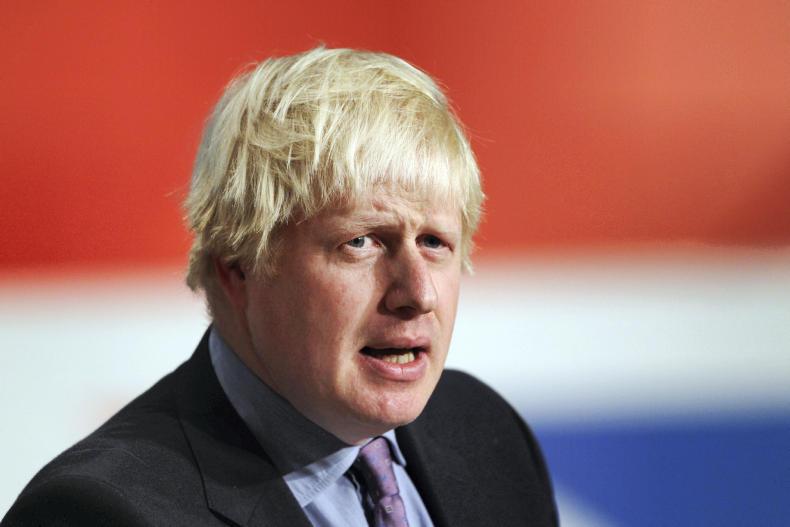

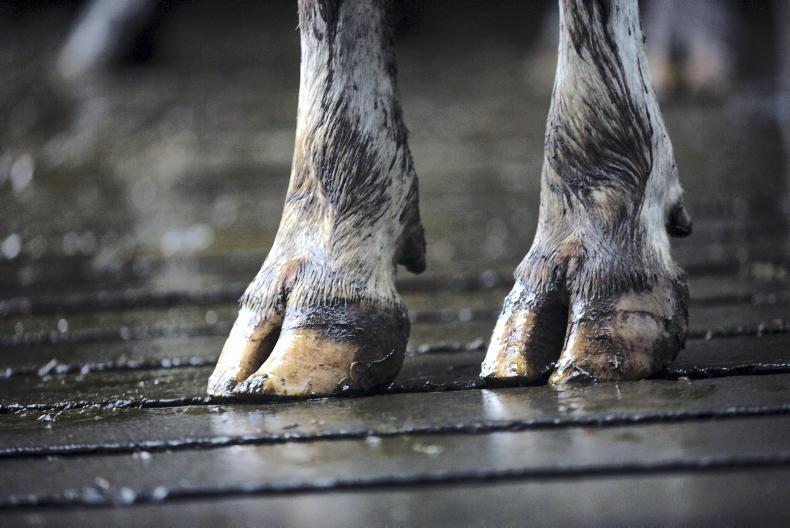

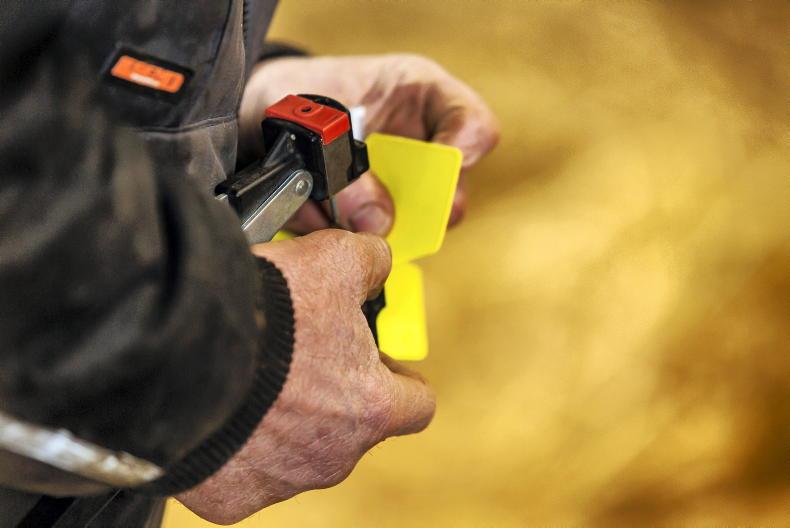
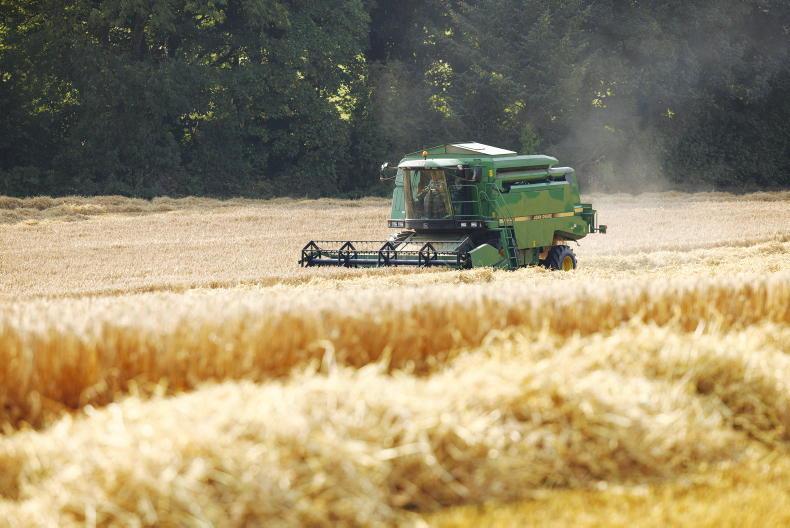
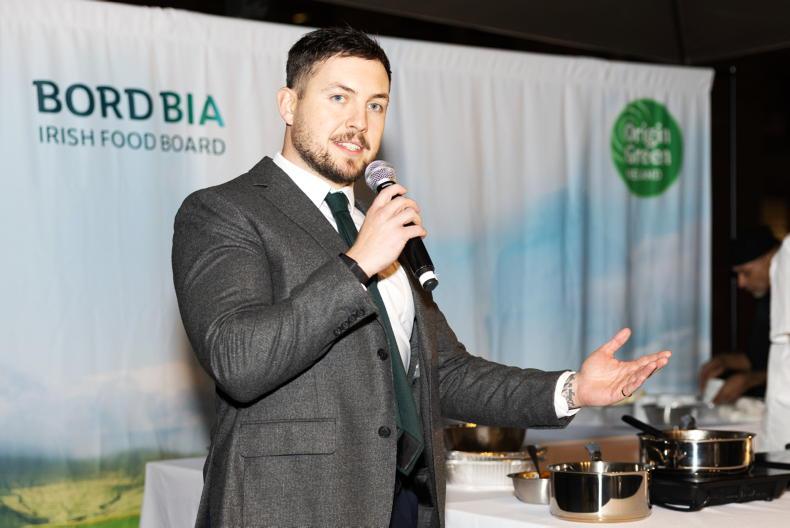
SHARING OPTIONS